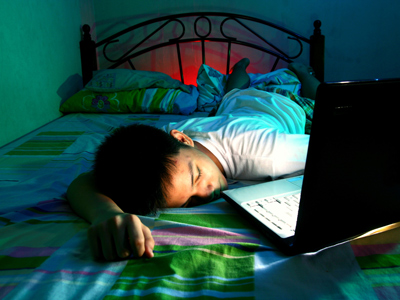
Sleep – Age 11-14
Sleep is vital to us all, but especially for children. It helps with brain development and with learning so sleep deprived children suffer. In this quiz, written for KS3 children in years 7, 8 and 9, we take a look at the importance of sleep and some strategies to ensure children get enough of it.
Sleep is an important bodily function. If we don’t get enough sleep we can suffer from a poor memory, irritability, a lack of attention and, of course, we feel tired throughout the day. Not getting enough sleep can also badly affect our health, so it is vital that we do sleep.
There are certain tactics we can use to keep insomnia at bay. Have a go at this quiz and see how well you know them.







